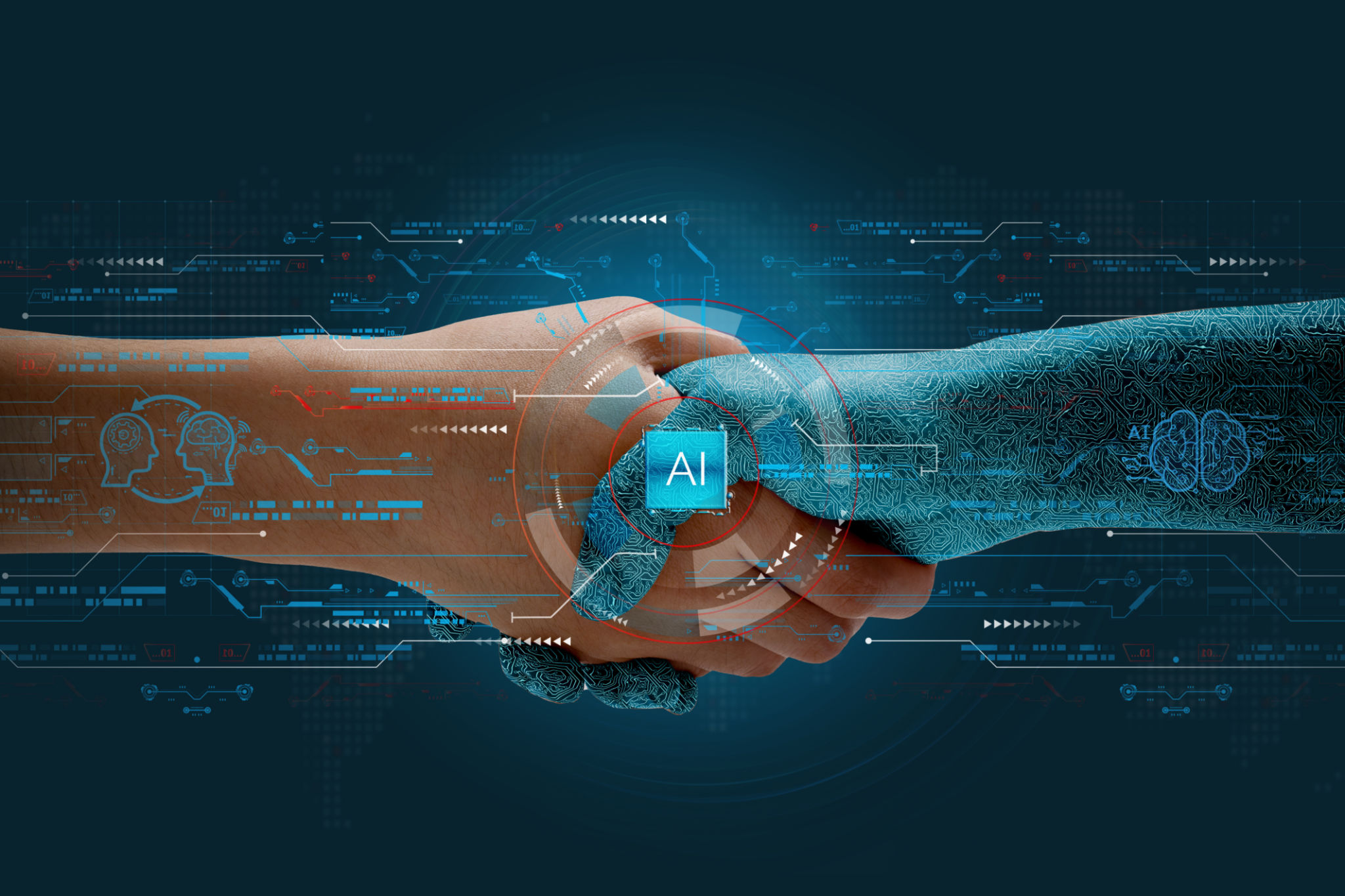The Future of Work: Mastering AI to Stay Ahead
Embracing the AI Revolution
The rapid evolution of technology has brought us to the brink of a new era in the workplace. Artificial Intelligence (AI) is no longer a futuristic concept; it is a present-day reality that is reshaping industries across the globe. To stay ahead, it is imperative for businesses and professionals to master AI and integrate it into their operations effectively.
AI offers unprecedented opportunities for innovation, efficiency, and growth. From automating mundane tasks to providing deep insights through data analysis, AI is transforming the way we work. This revolution requires a proactive approach to learning and adaptation, ensuring that we harness the potential of AI without being left behind.

Understanding the Role of AI in Business
For businesses, understanding the role of AI is crucial. AI technologies can streamline operations, enhance decision-making, and improve customer experiences. Companies that leverage AI effectively can gain a significant competitive edge by delivering products and services more efficiently and accurately.
AI can analyze vast amounts of data in real time, offering insights that were previously unattainable. This capability allows businesses to make informed decisions quickly, adapting to market changes and consumer demands with agility. Embracing AI as a strategic asset is no longer optional but essential for long-term success.
Automating Routine Tasks
One of AI's most significant contributions to the workplace is its ability to automate routine tasks. By handling repetitive and time-consuming activities, AI frees up employees to focus on more strategic and creative endeavors. This shift not only boosts productivity but also enhances job satisfaction by allowing workers to engage in more meaningful work.

Preparing for the Future Workforce
The future workforce will require a new set of skills, with AI literacy becoming a fundamental component. Professionals must develop an understanding of how AI operates and how it can be applied within their fields. This knowledge will be critical in collaborating with AI systems and maximizing their potential benefits.
Upskilling and reskilling are essential strategies for staying relevant in this changing landscape. Organizations should invest in continuous learning opportunities for their employees, fostering an environment where innovation thrives. By promoting a culture of learning, businesses can ensure they are equipped to navigate the complexities of an AI-driven world.
Collaboration between Humans and Machines
The integration of AI into the workplace does not mean replacing humans with machines. Instead, it presents an opportunity for collaboration between humans and technology. By working together, humans and AI can achieve outcomes that neither could accomplish alone.

Ethical Considerations in AI Implementation
As we embrace AI, ethical considerations must be at the forefront of its implementation. Issues such as data privacy, bias in algorithms, and accountability must be addressed to ensure that AI technologies are used responsibly. Businesses have a responsibility to develop transparent policies and practices that prioritize ethical use of AI.
By adopting ethical guidelines, companies can build trust with their customers and stakeholders, ensuring that AI's benefits are realized without compromising societal values. This balance is crucial for sustaining the positive impact of AI on the future of work.
Conclusion: The Path Forward
The future of work is undeniably intertwined with the mastery of AI. By understanding its capabilities and preparing our workforce, we can harness the full potential of this transformative technology. The journey toward mastering AI requires commitment, collaboration, and ethical consideration—elements that are essential for thriving in an increasingly digital world.
As we look ahead, it is clear that those who embrace the AI revolution with open minds and strategic foresight will be best positioned to lead and succeed in the future of work.
